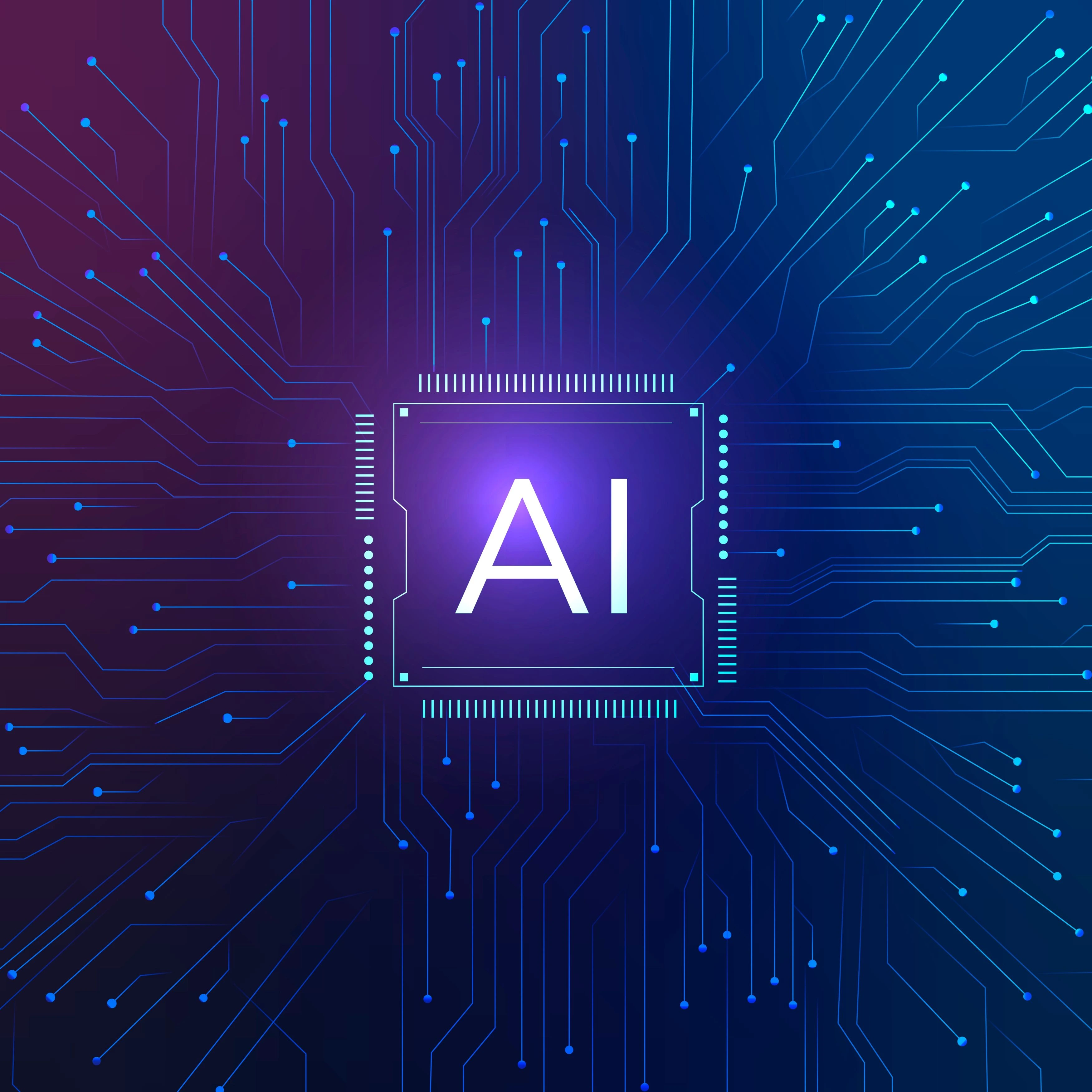
Artificial Intelligence (AI) is no longer a futuristic concept—it is an everyday reality influencing almost every industry. From healthcare to finance, marketing to customer support, AI-powered systems are automating repetitive tasks, analyzing large datasets, and providing insights faster than any human could. While this is creating exciting opportunities, it is also reshaping entry level jobs, often the first stepping stone for freshers in their career journey.
The Changing Nature of Entry Level Jobs
Traditionally, entry level jobs involved tasks such as data entry, customer support, scheduling, research assistance, or routine documentation. These roles allowed freshers to learn workplace culture, gain confidence, and climb the professional ladder. However, with the rise of AI tools like chatbots, virtual assistants, and machine learning models, many of these tasks are now automated.
For example, customer service roles are increasingly supported by AI-driven chatbots that resolve common queries instantly. Similarly, AI-powered analytics software can generate reports in seconds, reducing the need for junior analysts to spend hours on data processing. This does not mean jobs are disappearing altogether—it means the skill requirements are shifting.
AI as a Tool, Not a Threat
While the headlines often highlight AI as a job destroyer, the reality is more balanced. AI is a tool that enhances productivity and allows professionals to focus on more creative, complex, and human-centric work. Companies still need people who can manage AI systems, analyze nuanced problems, and deliver personalized experiences. In fact, industries are actively seeking freshers who can adapt to this evolving environment and learn to collaborate with AI rather than compete with it.
Industries Where AI is Redefining Entry Level Roles
- Customer Support: AI chatbots handle FAQs, but human agents are needed for complex interactions.
- Marketing: AI tools automate email campaigns and analyze consumer behavior, while freshers contribute with creativity and strategy.
- Healthcare: AI assists with diagnostics and medical data management, but professionals provide empathy and decision-making.
- Finance: Automation speeds up compliance checks and fraud detection, but analysts are still vital for interpretation.
- IT & Software Development: AI helps with code suggestions, but human developers bring innovation and problem-solving skills.
What Freshers Can Do to Stay Ahead
The key for freshers is not to fear AI but to upgrade their skill sets in alignment with the changing job market. Here are some practical strategies:
- Learn Digital & AI Literacy: Gain a basic understanding of how AI works, including machine learning, natural language processing, and automation tools. Platforms like Coursera, edX, and LinkedIn Learning offer beginner-friendly courses.
- Develop Soft Skills: AI may handle tasks, but communication, teamwork, problem-solving, and emotional intelligence remain human strengths that employers value highly.
- Focus on Hybrid Skills: Combine technical knowledge with domain expertise. For instance, a fresher in marketing who also knows data analytics is far more valuable.
- Stay Flexible: Be open to learning new tools, workflows, and technologies. The ability to adapt quickly is a major advantage in an AI-driven job market.
- Build a Portfolio: Showcase practical projects, internships, or freelance work where you have applied digital tools or AI-based solutions. This proves your readiness to employers.
- Network & Learn: Attend industry webinars, workshops, and networking events to stay updated on trends and build valuable professional connections.
Opportunities Created by AI
AI is not only reshaping existing jobs but also creating new roles that didn’t exist a few years ago. Freshers can look forward to careers in:
- AI & Machine Learning Engineering
- Data Science & Analytics
- AI Ethics & Policy
- Prompt Engineering (optimizing AI tool outputs)
- Automation Strategy & Process Management
These opportunities demonstrate that AI is as much a creator of jobs as it is a disruptor. The challenge for freshers lies in aligning their skills with the demands of these emerging roles.
Tips for Freshers to Future-Proof Their Careers
To succeed in the AI era, freshers must adopt a growth mindset. Here are a few quick tips:
- Keep learning and stay curious about new technologies.
- Use AI tools in your daily workflow to become comfortable with them.
- Balance technical skills with creativity and innovation.
- Focus on lifelong learning rather than just landing a first job.
The impact of AI on entry level jobs is undeniable, but it is not a reason to panic. Instead, it is a call for freshers to rethink their career strategies, upskill themselves, and embrace the opportunities AI brings. By developing a blend of technical and human skills, freshers can position themselves not only to survive but to thrive in the AI-driven workplace. The future belongs to those who see AI as a collaborator, not a competitor.